
Twenty years after my mother walked out of my life, she showed up at my door with nothing but a grocery bag and demands. What she said next changed everything I thought I knew about forgiveness.
My childhood feels like watching someone else’s life through a dirty window. Most of it is blurry, but some parts are crystal clear in all the wrong ways.
I don’t even remember my father’s face. He left when I was still in diapers, before I could form any real memories of him.

Silhouette of a man | Source: Pexels
The only proof he ever existed is his name on my birth certificate. That’s it. That’s all I know about the man who gave me half my DNA and then vanished like smoke.
“Your daddy went away,” Mom used to tell me when I was little enough to ask. “Sometimes people just go away, Stacey.”
I should have paid attention to that warning.
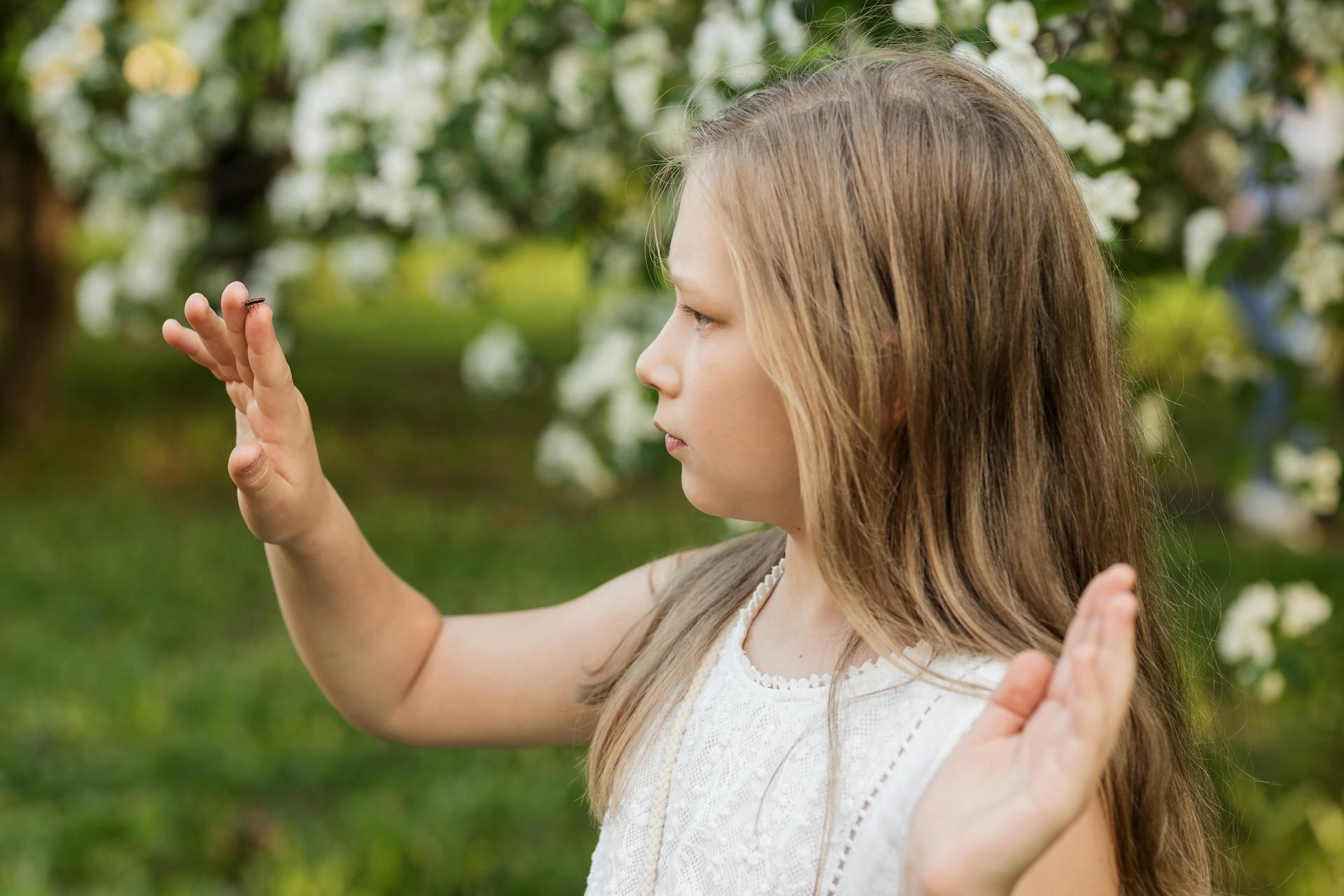
A little girl | Source: Pexels
My mother, Melissa, is a different story.
I remember her, but not in the way kids are supposed to remember their moms. There are no warm bedtime stories or birthday parties in my memories. Instead, I remember her anger. It filled our cramped little house like smoke from a fire that never went out.
We lived in this tiny two-bedroom place on the wrong side of town. The wallpaper was peeling, the carpet was stained, and the windows were so dirty they barely let in any light.

A dirty window | Source: Pexels
Mom worked at the grocery store during the day and came home exhausted every night.
“I can’t do this anymore,” she’d mutter while heating up another frozen dinner. “I just can’t do this anymore.”
I was too young to understand what “this” meant. I thought she was talking about work, or maybe the broken dishwasher that had been sitting in our kitchen for months.

A little girl in a yellow shirt | Source: Freepik
I was nine years old the day my world turned upside down.
It was a Friday in March, and I remember because I’d been excited about a spelling test I’d aced that day. I came home ready to tell Mom about it, but she was sitting at our kitchen table with papers spread out in front of her.
“Stacey, come sit down,” she said without looking up. “We need to talk.”
I climbed onto the wobbly chair across from her. “Mom, guess what? I got a hundred on my spelling test and—”

A person writing on a paper | Source: Pexels
“Stacey.” She finally looked at me, and her eyes were red like she’d been crying. “I can’t handle you anymore.”
“What does that mean, Mommy?”
“I can’t take care of you. I tried, but I just can’t do it.” She pushed one of the papers toward me. I couldn’t read most of it, but I saw the word “custody” at the top. “Some nice people from social services are coming to get you tomorrow.”
“But I don’t want to go with strangers!” I started crying. “I want to stay with you!”
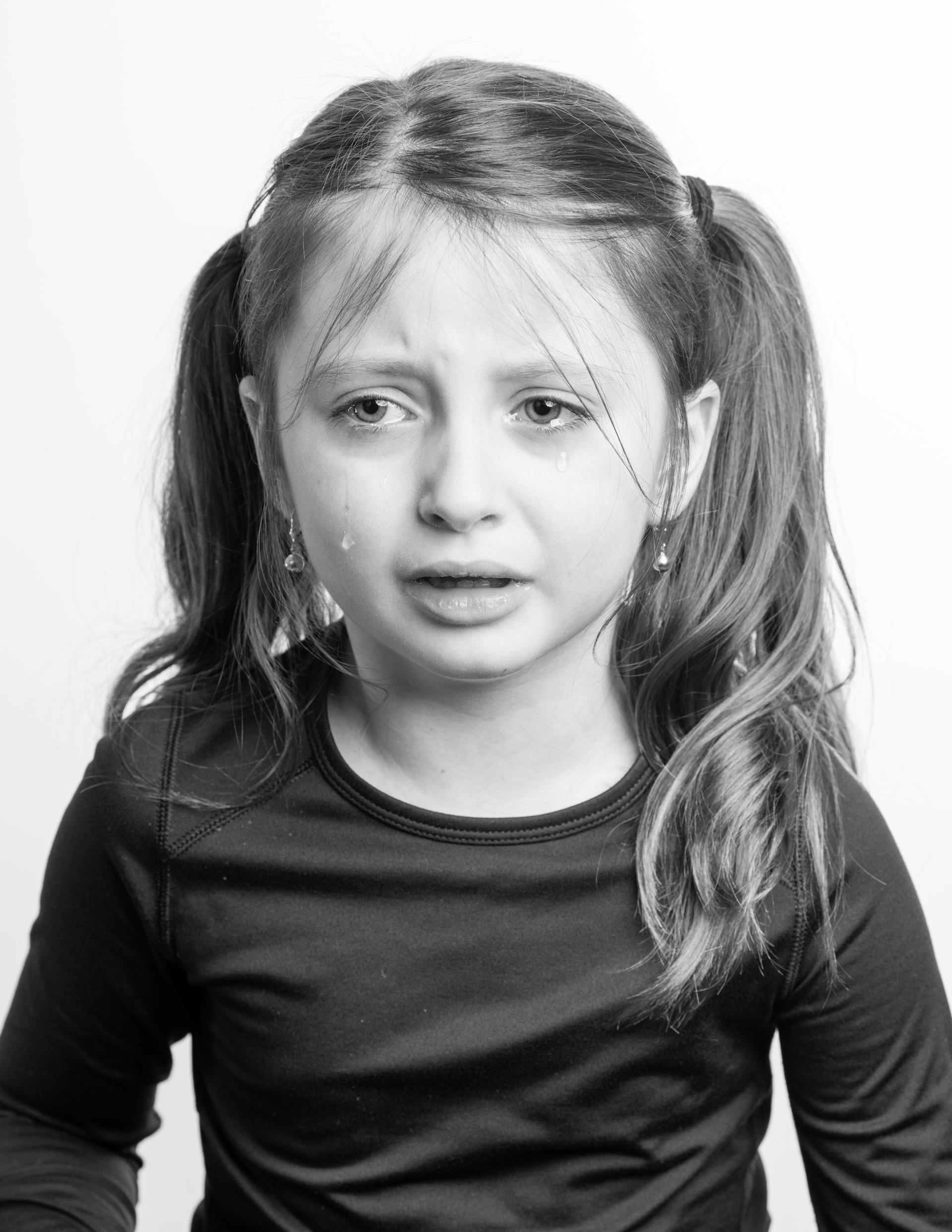
A girl crying | Source: Pexels
“It’s just temporary,” she said, but she wouldn’t look at me anymore. “Just until I can get back on my feet. Then I’ll come get you.”
The next morning, a woman named Mrs. Patterson came to our door. She had kind eyes and a soft voice, but I hid behind Mom anyway.
“It’s okay, sweetie,” Mrs. Patterson said. “I’m here to help.”
Mom packed my clothes in a garbage bag and handed it to me. “Be good, Stacey. I’ll see you soon.”

A garbage bag | Source: Pexels
I believed her. God help me, I believed every word.
The children’s home was a big brick building with long hallways that echoed when you walked. My room had two beds, but my roommate was quiet and kept to herself.
Every day, I asked Mrs. Patterson the same question: “When is my mom coming back?”
“Soon, honey,” she’d say. “These things take time.”
For two whole years, I held onto that word. Soon.
I told the other kids that my mom was coming back soon.

A group of children | Source: Pexels
I told my teachers, my counselors, and anyone who would listen.
My mom loved me. She was just having a hard time. She’d be back soon.
When I turned 11, I decided to send her a birthday card. I’d saved up my allowance and picked out the prettiest one I could find. It had flowers on it and said “Happy Birthday, Mom” in gold letters.
I wrote inside: “I miss you. Please come get me soon. Love, Stacey.”

An envelope | Source: Pexels
Two weeks later, it came back in the mail. The envelope was stamped in red ink with the words, “Return to Sender.”
Mrs. Patterson found me crying in the hallway, holding that returned card.
“She moved, didn’t she?” I asked.
Mrs. Patterson knelt down beside me. “I’m sorry, sweetie. She didn’t leave a forwarding address.”
“Will she come back?” The question came out as a whisper.
Mrs. Patterson didn’t answer right away. Instead, she pulled me into a hug. But I saw the answer in her eyes. It was the same look people get when they’re watching something die.
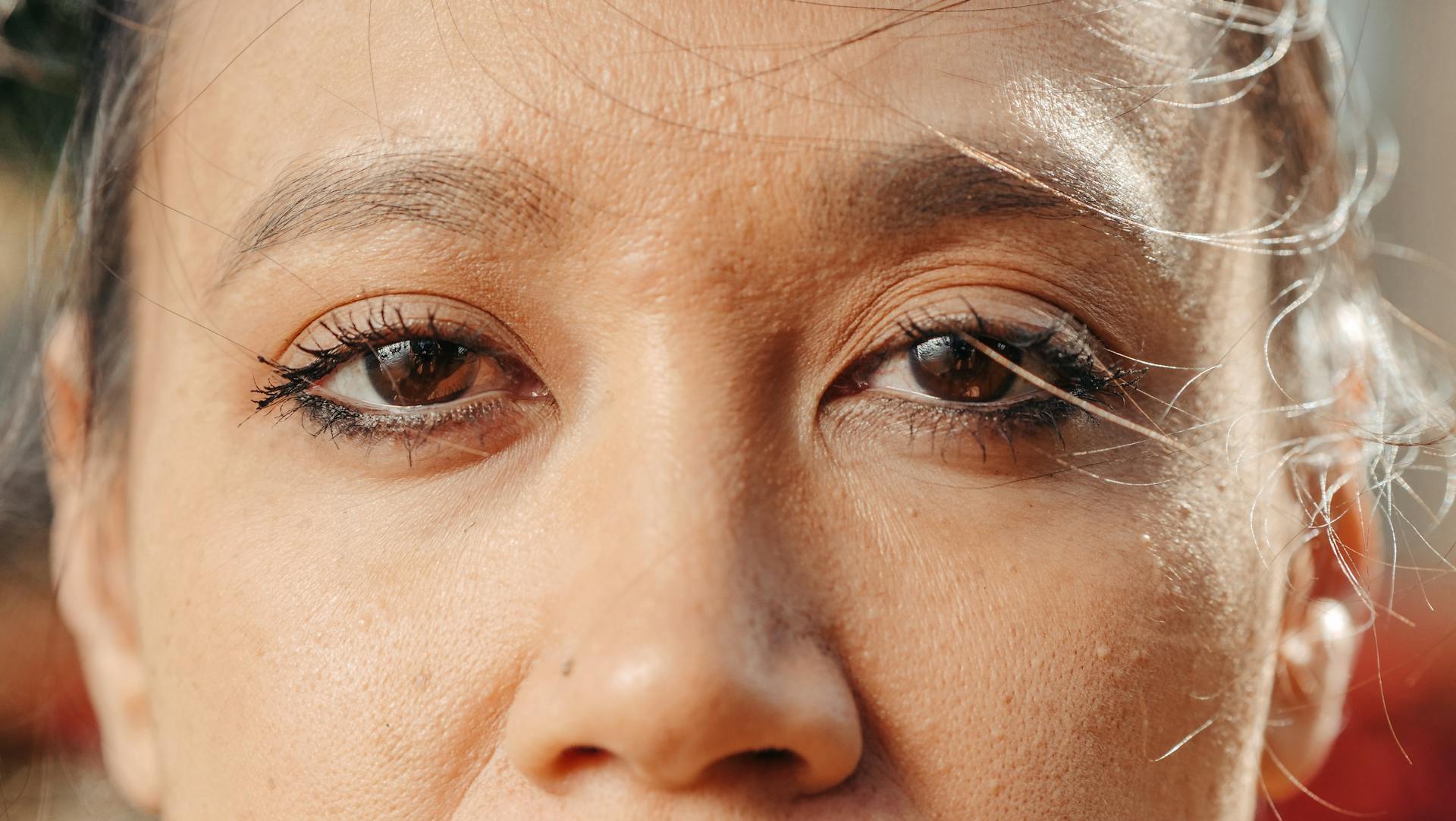
A close-up shot of a woman’s eyes | Source: Pexels
By 13, I stopped asking questions.
I was in my third foster home by then, and I’d learned that hope was dangerous. It made you weak. It made you expect things that would never come.
I learned to make myself small instead. Unnoticeable. Acceptable.
I did my homework, cleaned my room, and never caused trouble.

A child doing their homework | Source: Pexels
At 27, I had my own daughter. Emma came into the world screaming and perfect, with big eyes that looked at me like I hung the moon and stars just for her.
The moment I held her, I made a vow that burned in my chest like a promise written in fire. Never would she feel unwanted. Never would she feel unseen. Never would she feel unloved.
***
Two years later…
Life was good. Really good. For the first time in my life, I had everything I’d dreamed of as that scared little girl in the children’s home.
My husband, Jake, and I had bought a house in a quiet neighborhood with good schools.

A house | Source: Pexels
The walls were painted in warm colors, family photos hung in the hallway, and Emma’s toys were scattered across the living room floor in the most beautiful mess you’ve ever seen.
“Mama, look!” Emma would say, holding up her latest crayon masterpiece. At two years old, she was all chubby cheeks and wild curls, with a laugh that could light up the darkest room.
“That’s beautiful, baby,” I’d tell her, and I meant it every time.
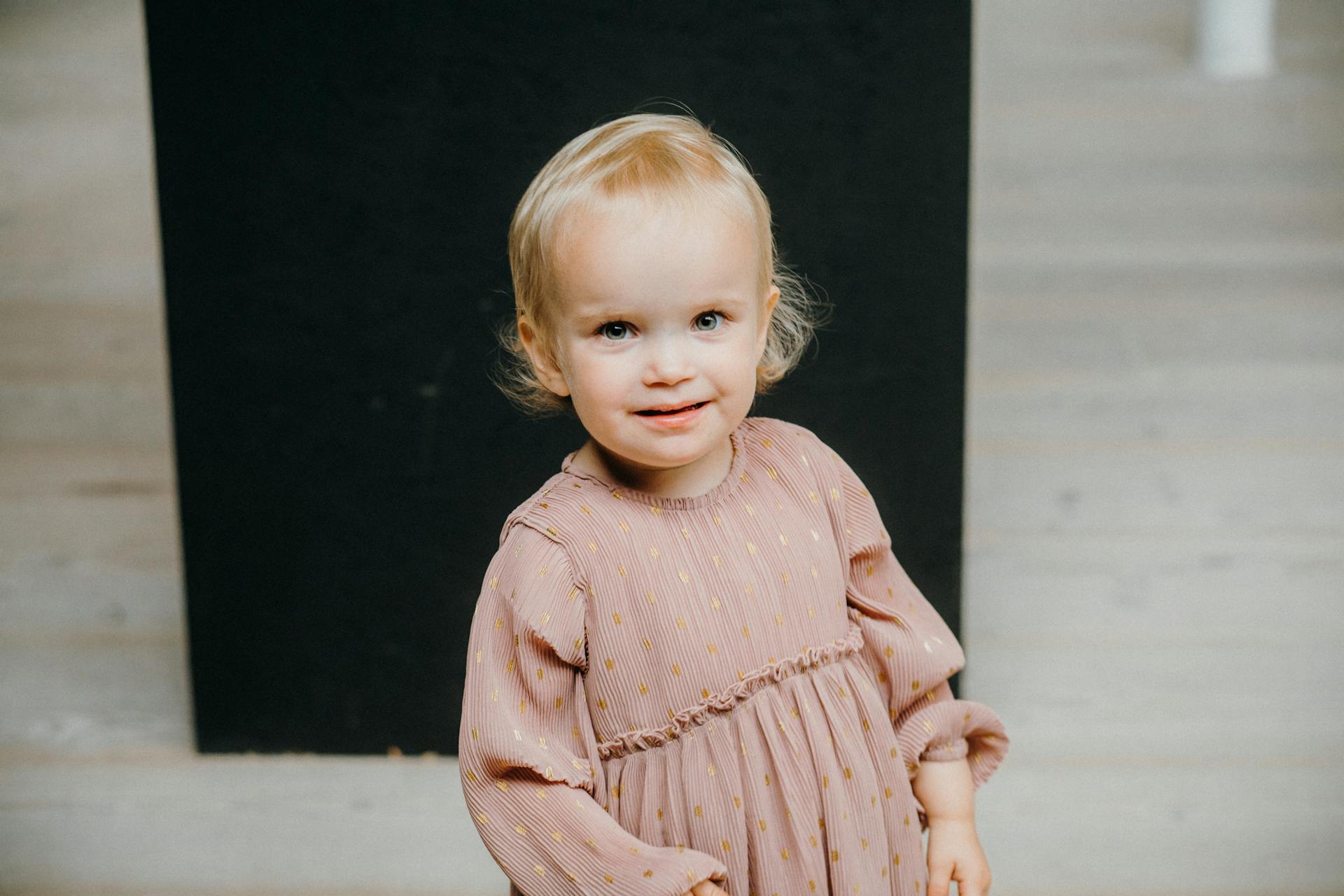
A little girl | Source: Pexels
I had a good job at the marketing firm downtown. I was finally making enough money that I didn’t have to worry about every grocery bill.
We took family vacations to the beach. We had pizza nights and movie marathons. We were building the kind of memories I’d always wanted.
“You’re such a good mom,” Jake would tell me when he found me reading to Emma for the third time in one night.
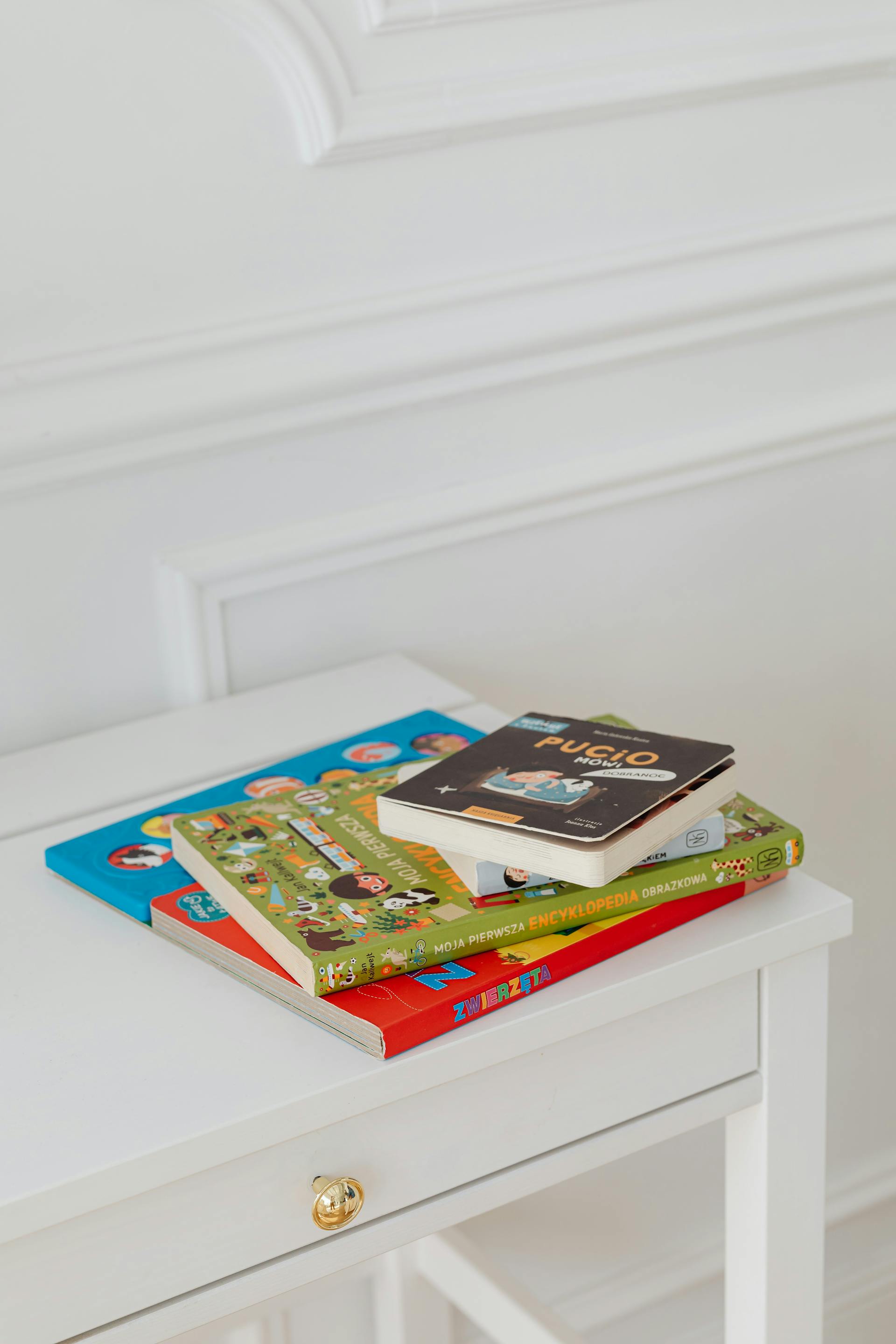
Baby books on a table | Source: Pexels
“I’m trying to be,” I’d say, because the truth was, I didn’t have a roadmap for this. I was making it up as I went along, determined to give Emma everything my mother had failed to give me.
Everything was perfect until that knock on the door.
It was a regular evening. Jake was working late, and I’d just gotten Emma down for the night after a battle over bedtime stories. I was finally settling down with a cup of tea when I heard it.
Knock. Knock. Knock.
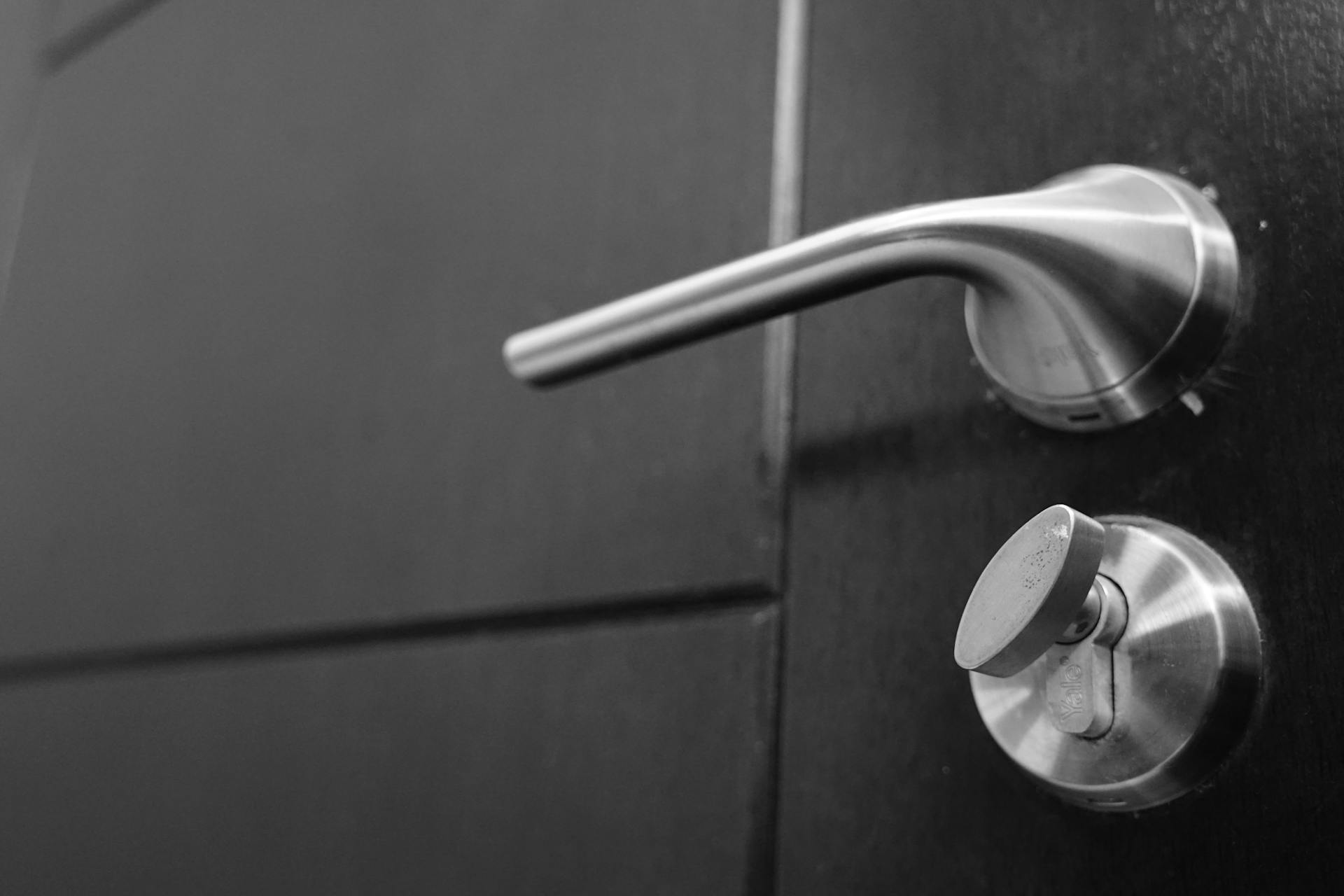
A doorknob | Source: Pexels
I wasn’t expecting anyone.
Jake had his key, and our neighbors usually called first. Something about those knocks made my stomach tighten, but I couldn’t explain why.
When I opened the door, I saw an old woman standing on my porch. She was thin, almost frail, with gray hair that needed a trim and clothes that had seen better days. She was holding a grocery bag with what looked like store-brand cookies inside.
But it was her eyes that stopped me cold. I knew those eyes. They were my eyes, staring back at me from a face that had aged 20 years.
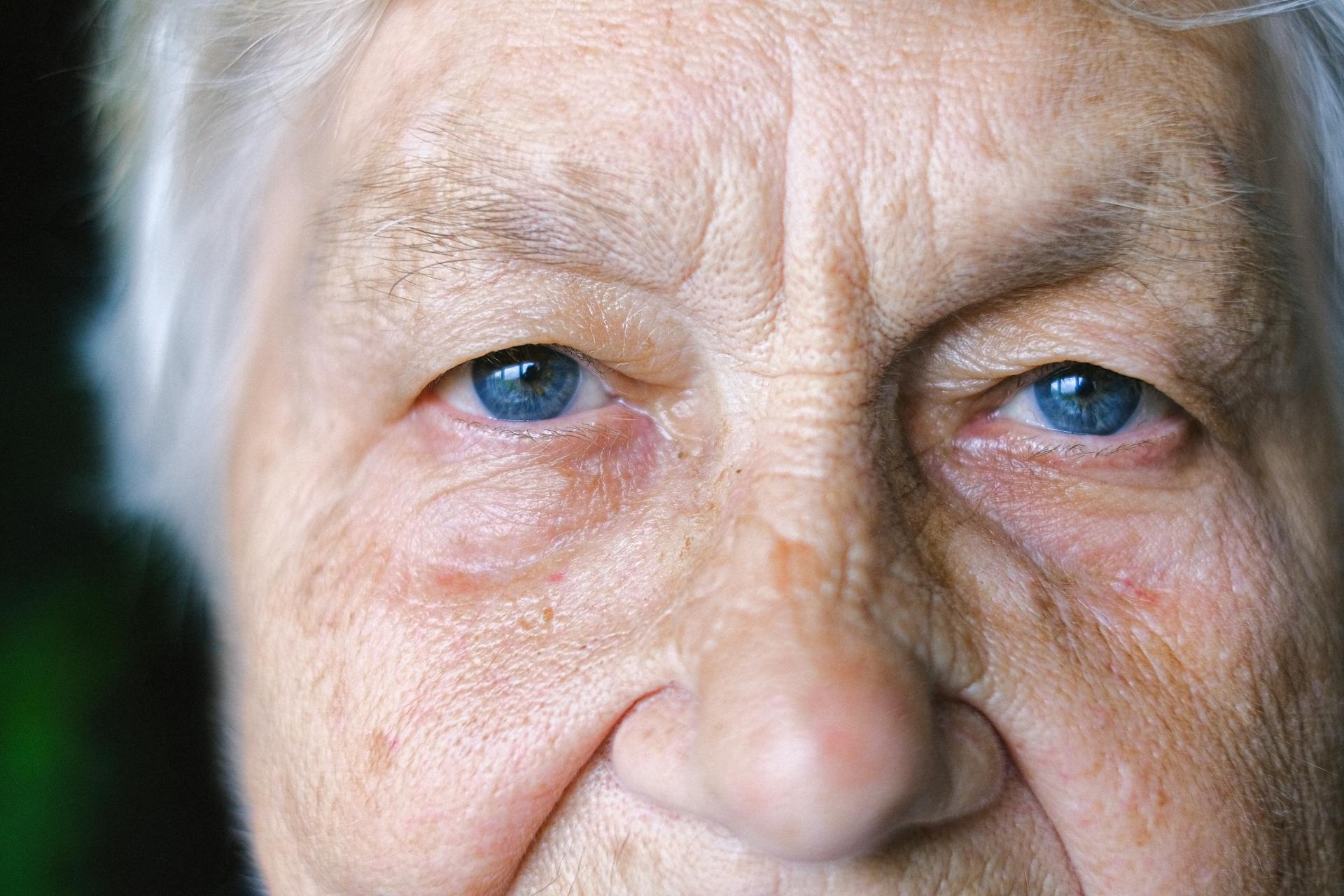
An older woman | Source: Pexels
“Hi,” she said softly. “You have to help me!”
“Excuse me?” I asked.
“I’m homeless. I don’t have anyone else. And you… you’re my only child.”
I looked at her from head to toe, taking in every detail. The woman who had walked out of my life two decades ago was standing on my doorstep like she belonged there.
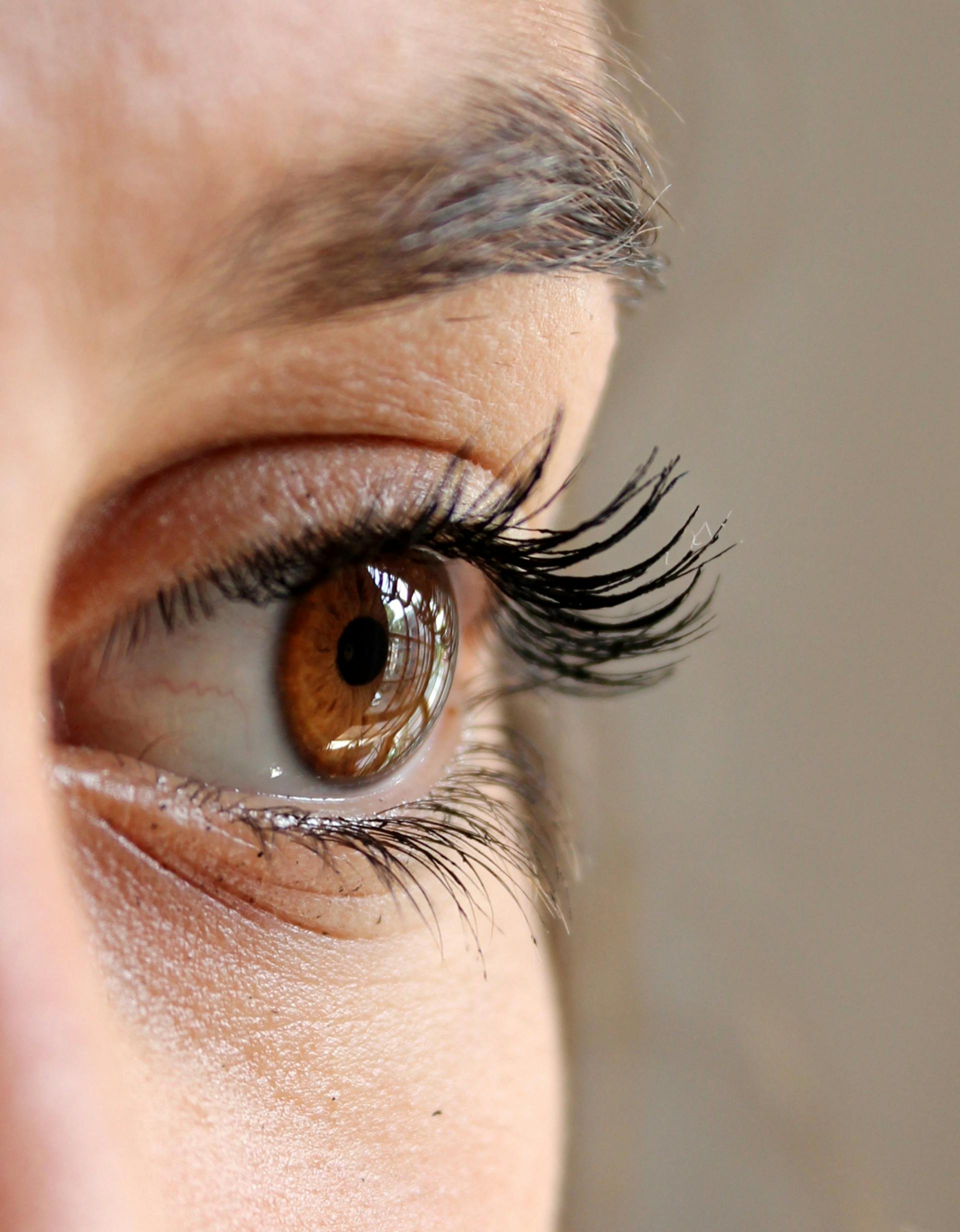
A close-up shot of a woman’s eye | Source: Pexels
“Why are you here now?”
“I need help,” she said, shifting the grocery bag to her other arm. “Please, Stacey. I don’t have anywhere else to go.”
She didn’t ask how I was. Didn’t ask about my life, my job, or my family. Didn’t comment on the nice house or the family photos visible through the doorway behind me. She just stood there like I owed her something.
Like 20 years of silence meant nothing.
Like abandoning a nine-year-old girl was a normal thing to do.
I should have slammed the door in her face. I should have told her to leave and never come back.
But I didn’t.
Instead, I stepped aside and let her in.

Open door | Source: Pexels
Maybe it was because my therapist had always talked about “breaking the cycle.” Maybe it was because I wanted to look Emma in the eye someday and say I’d tried to do the right thing. Or maybe it was because that little girl inside me still remembered waiting for her mom to come home.
“Come in,” I said.
***
She stayed on our couch that first night. Then somehow, she ended up in our guest room. What was supposed to be one night turned into one week, then two.
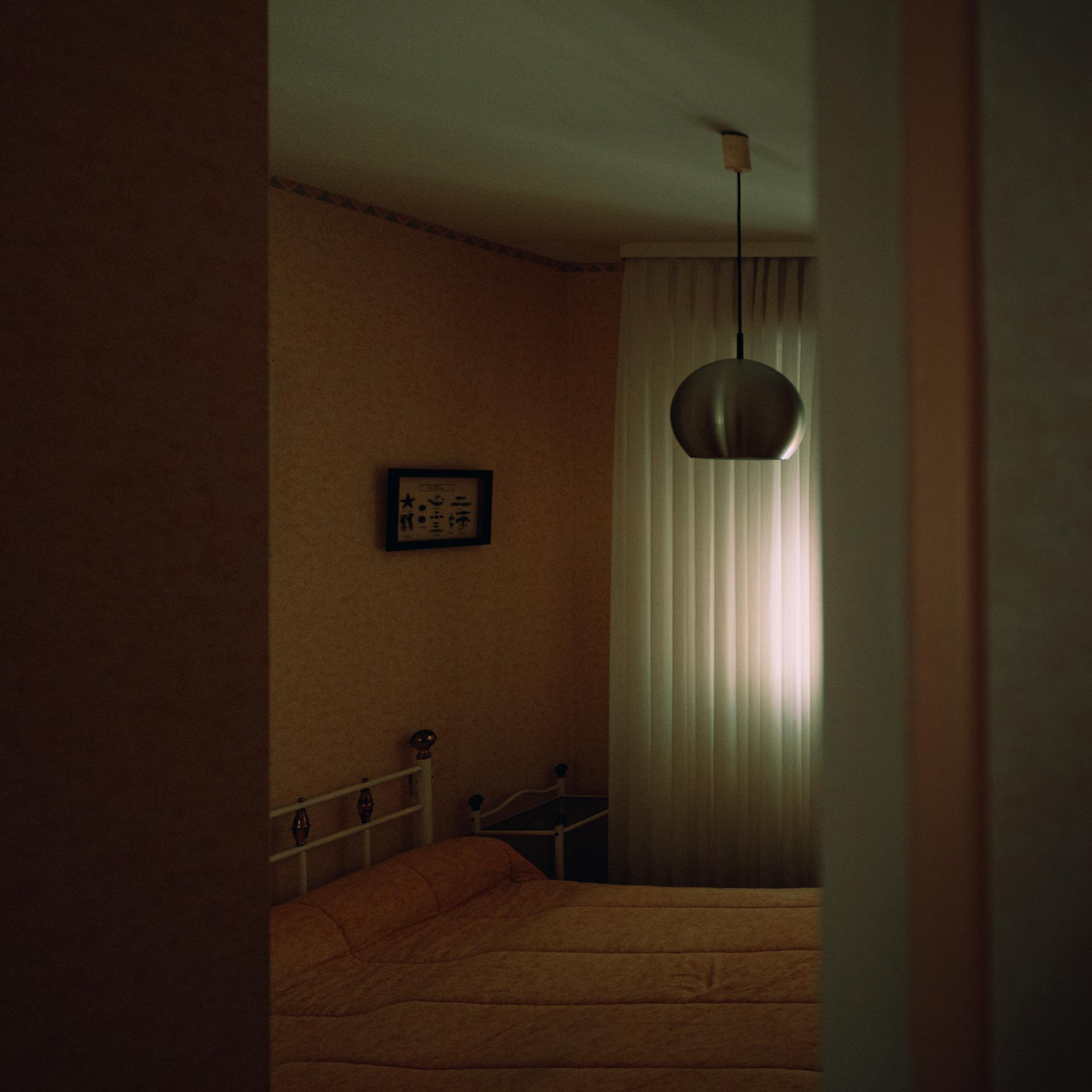
A cozy bedroom | Source: Pexels
At first, she seemed grateful.
She helped with dishes and tried to make small talk about the weather. But slowly, her true nature started showing through the cracks.
“I never had help like this when I was your age,” she said one morning over coffee. “I had to figure everything out on my own.”
“You mean when you were raising me?” I asked.
She stirred her coffee and didn’t answer.

A cup of coffee | Source: Pexels
The comments got worse. Little digs disguised as observations.
“Maybe if you weren’t so difficult back then, things would have been different,” she said one day while watching me struggle to get Emma to eat her vegetables.
“Difficult?” I asked. “I was nine years old.”
“You were always crying about something. Always needing attention.”
I wanted to scream at that point. How could she think all the trauma I went through could be reversed by a few fake smiles and letting her eat our food? Like those 20 years of absence were nothing?
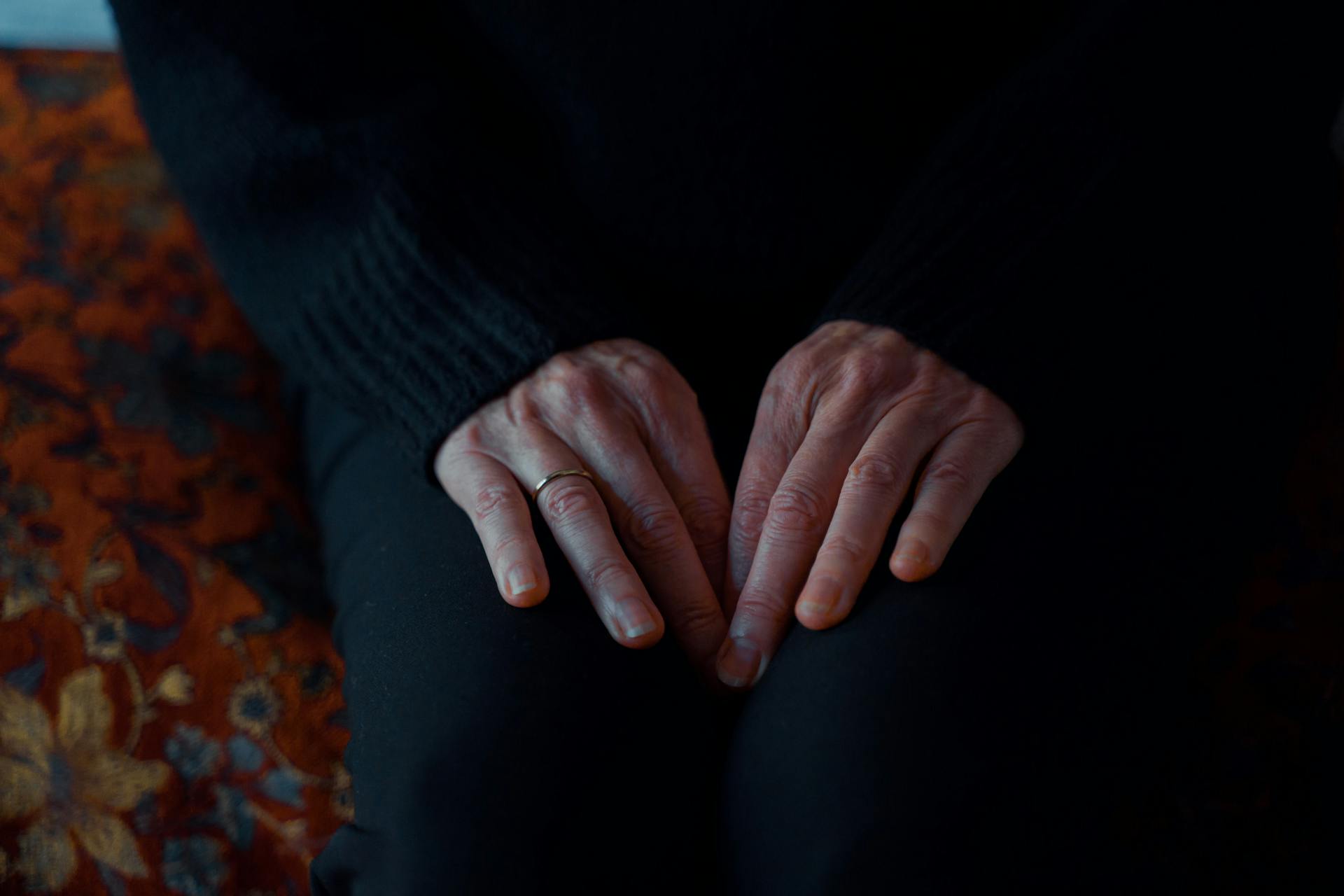
An older woman’s hands | Source: Pexels
But the breaking point came a few days later.
I’d left work early because Emma had a doctor’s appointment, but when I got home, I found them in the living room together.
My mother was sitting on the floor next to Emma, whispering to her while Emma played with her blocks.
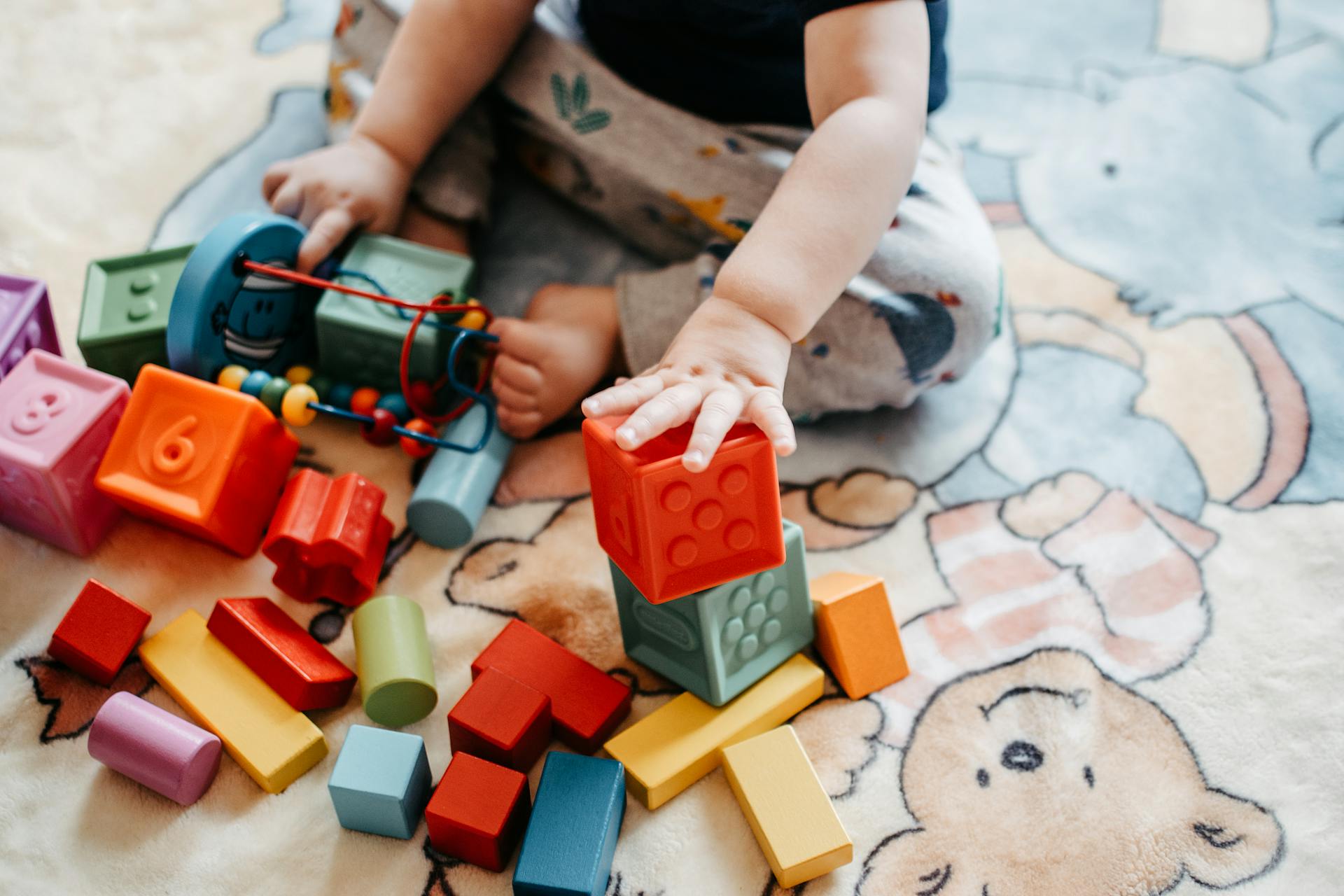
A child playing with blocks | Source: Pexels
“Your mom was a really tough kid, you know,” I heard her say. “She used to scream and cry for no reason at all.”
Emma looked up at her.
“Sometimes,” my mother continued, “you have to step back from people who hurt you. Even family.”
Emma looked confused, maybe even a little scared. She was only two years old. She didn’t understand what was happening, but she could feel the tension.
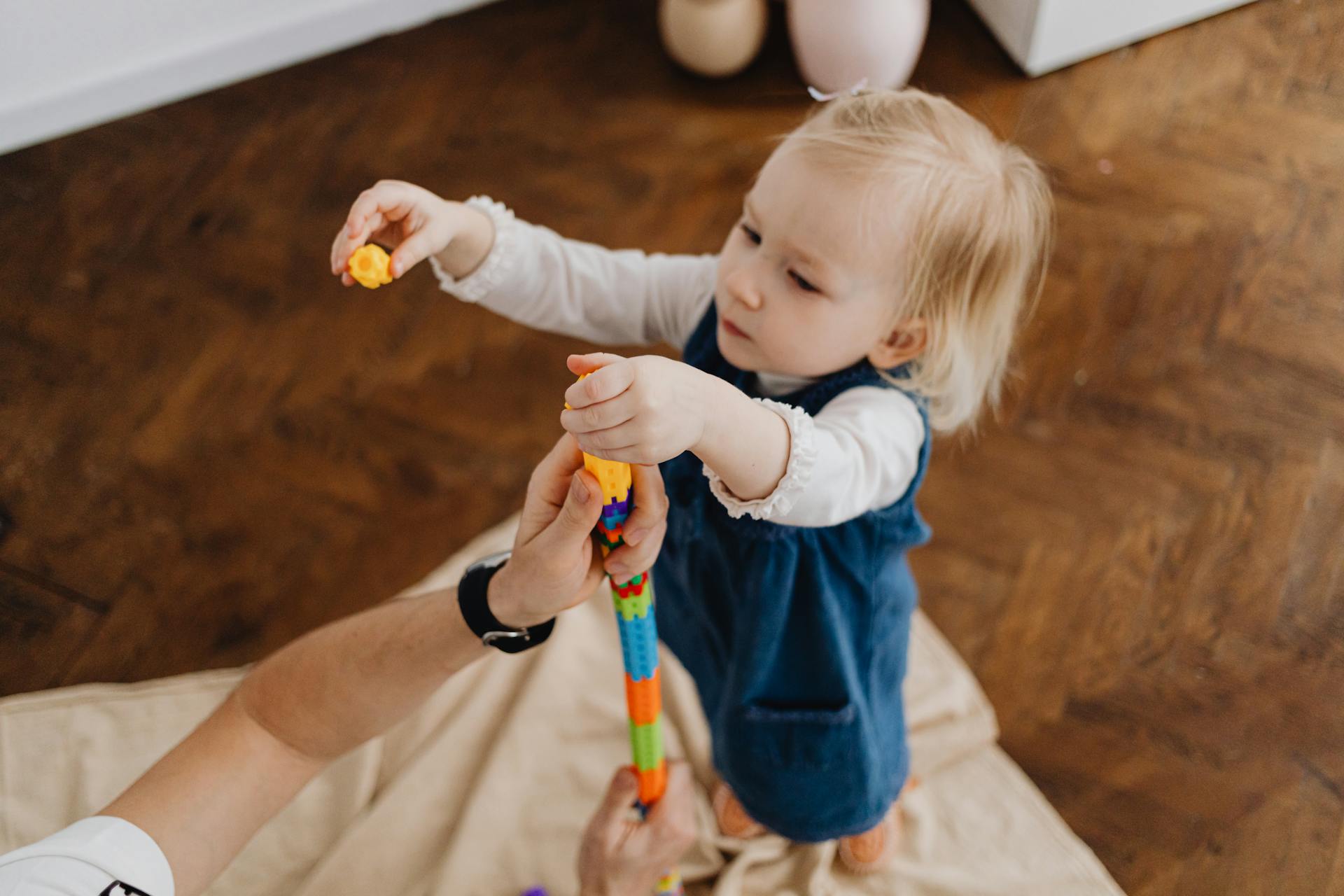
A little girl | Source: Pexels
“Emma, go to your room and play,” I said calmly.
After Emma was gone, my mother smiled at me like nothing had happened. Like she hadn’t just tried to poison my daughter against me.
That night, after Emma was asleep, I packed my mother’s belongings in the same garbage bag she’d used for my clothes twenty years ago.
“You need to leave,” I said, setting the bag by the front door.
“What?” She looked genuinely shocked. “You can’t just kick me out. I’m your mother!”
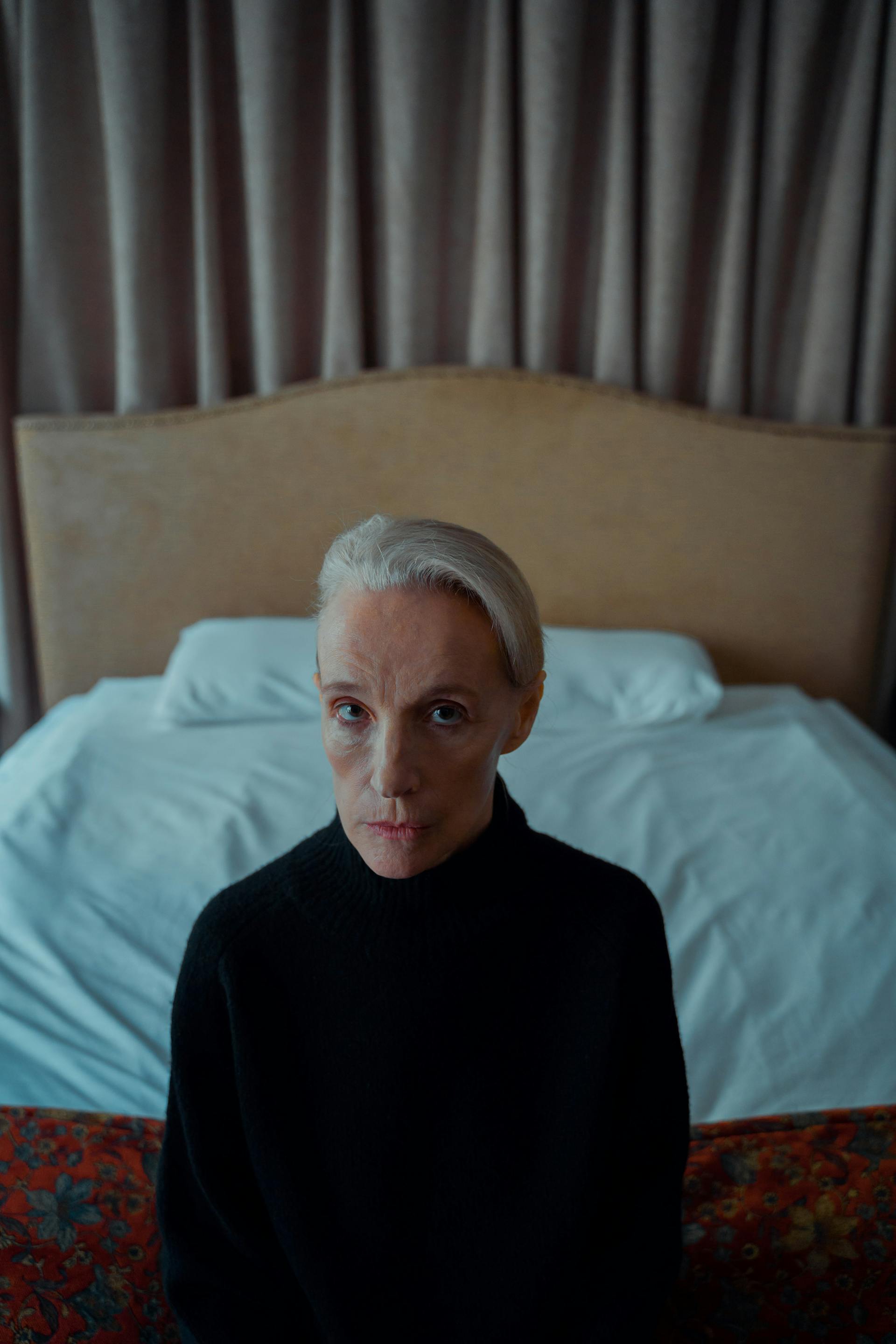
An older woman | Source: Pexels
“No,” I said. “You’re a woman who left a kid behind and came back for shelter, not forgiveness.”
She stared at me. “I gave birth to you. I raised you for nine years.”
“You abandoned me. There’s a difference.”
“Where am I supposed to go?” she asked, and for a moment, she looked like the lost woman who’d shown up at my door.
“There’s a shelter three blocks down on Main Street. I already called. They have a bed available.”
She grabbed the bag and headed for the door, then turned back. “You’ll regret this. Family is all you have in this world.”
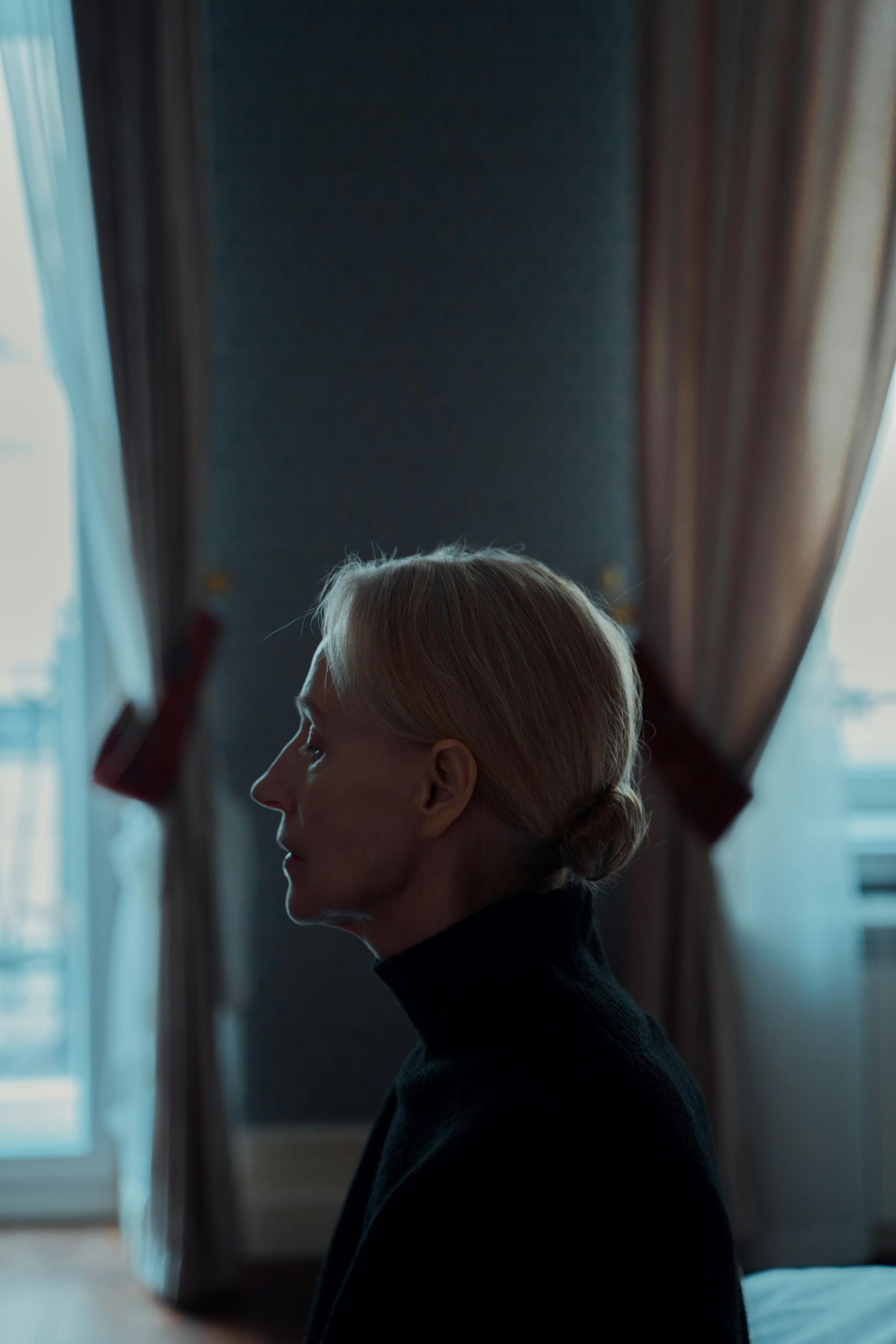
An older woman | Source: Pexels
“No,” I said. “Love is all you have. And you gave up the right to mine a long time ago.”
After she left, I sat in Emma’s room and watched her sleep.
I thought that was the end of it. But I was wrong.
Last month, I decided to send my mother a birthday card. Just like I had when I was 11, except this time, I was the one in control.
I picked out a plain white card and left it completely blank. No return address. No signature.
Just a small note inside that said, “Sometimes you have to step back from people who hurt you.”

A woman writing | Source: Pexels
I wonder if she understood the message. I wonder if she remembered saying those same words to my daughter.
But mostly, I don’t wonder about her at all anymore.
Because I finally learned what my mother never could: that being a parent isn’t about what you need from your child. It’s about what you’re willing to give them.
And I’m willing to give Emma everything. Including protection from people who would hurt her, even if they share her blood.
The cycle ends with me.
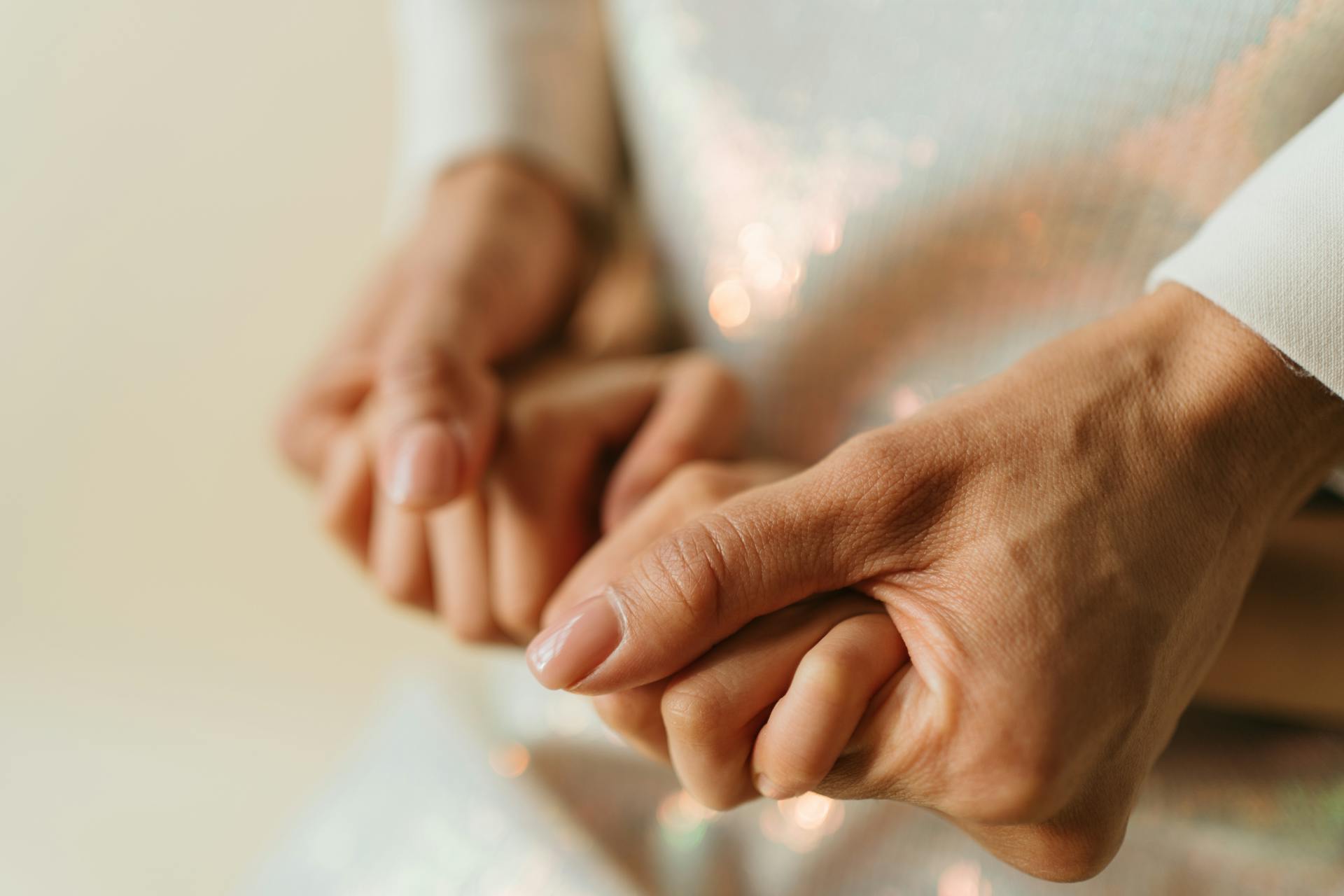
A woman holding her daughter’s hands | Source: Pexels
If you enjoyed reading this story, here’s another one you might like: When my father betrayed our family, my mother picked up the pieces, and I stood by her. Years later, after her passing, he asked me for something unthinkable. I tried to stay neutral, but what he said next broke me.
This work is inspired by real events and people, but it has been fictionalized for creative purposes. Names, characters, and details have been changed to protect privacy and enhance the narrative. Any resemblance to actual persons, living or dead, or actual events is purely coincidental and not intended by the author.
The author and publisher make no claims to the accuracy of events or the portrayal of characters and are not liable for any misinterpretation. This story is provided “as is,” and any opinions expressed are those of the characters and do not reflect the views of the author or publisher.


